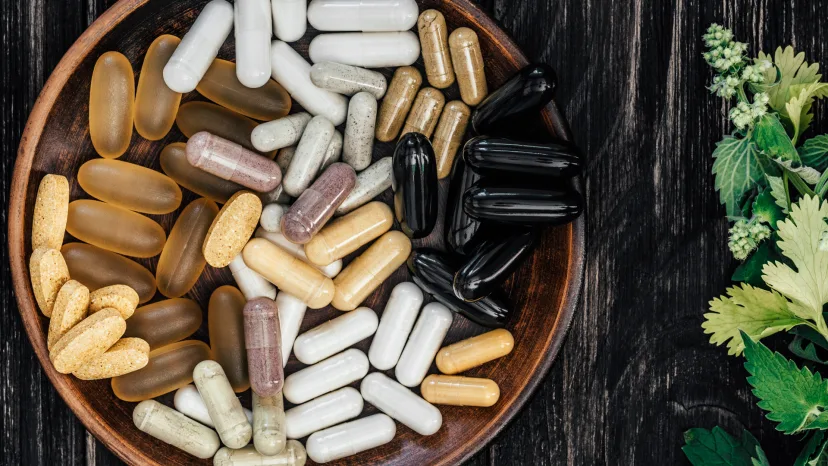Dietary supplements
Introduction
Sure, you try to eat well, but you're worried you may not be getting all the nutrients your body needs.
It's for this reason you may feel the need to take vitamins and supplements.
But what nutrients do you really need? And what benefits do vitamins provide? It can be confusing to keep up with all the details. But we're here to help.
The first step is gathering and understanding details about the vitamins and supplements you may be interested in or may already be taking. With that information in hand, you can work with your healthcare provider (HCP) to make more informed decisions about reaching your wellness goals.
Dietary supplements

Are you trying to understand why, how, or when to take zinc supplements? Maybe you're interested in taking iron supplements because of a deficiency or just because you know you don't eat a lot of iron-rich foods. Perhaps you want more information on the various supplements you see in the vitamin aisle of your grocery store. You've come to the right place. Here, we'll help you learn about what supplements can and can't do for you. Remember to talk with your HCP about any new supplements you're considering. Together, you can choose the right combination for your situation.
Vitamins

Should you take vitamin D? What about vitamin C? Do vitamins that claim to boost your energy really work? If so, should you take them? Find answers to these questions and more. Equipped with the details on what certain vitamins may do for your body, we can help you make more informed decisions about your health. Be sure to talk with your HCP about any vitamins you’re considering taking. Some may interact with medications you’re already taking, and others may not be useful to you.





